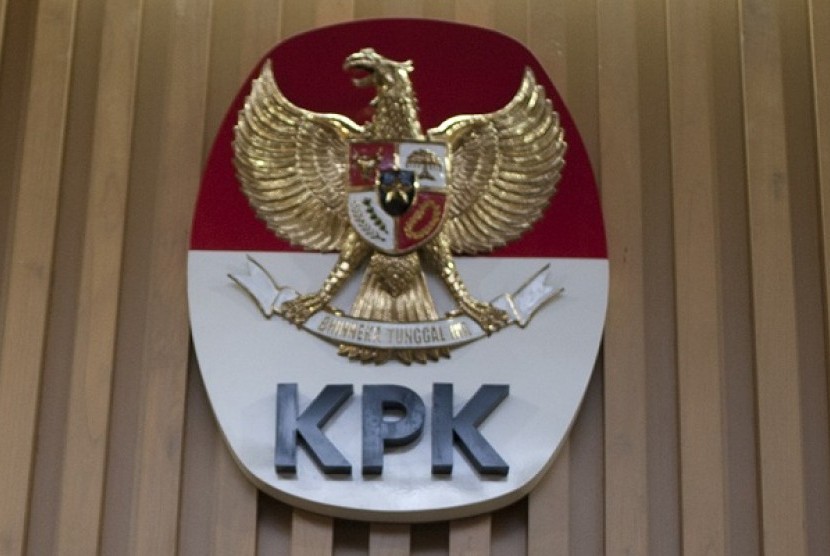REPUBLIKA.CO.ID, JAKARTA - Indonesia marked International Anti-Corruption Day as well as Human Rights Day at a function held in the Presidential Palace, on Monday. President Susilo Bambang Yudhoyono, in his speech on the occasion, specially called for serious supervision and management in the procurement of goods and services as it still remained one of the potential sources of corruption in the country.
"As I said last year, there are four points that I have asked the Corruption Eradication Commission (KPK), the police and the prosecutors office to seriously pay attention to. They are still relevant and valid. The first is the possibility of irregularities and corruption in the procurement of goods and services," he explained.
He said that the potential of marked-up or fictitious expenditures was still high in the country, including among the executive, legislative and judicial institutions. The second point, he confirmed, was the potential corruption and irregularities in the field of licensing, both at the regional and central levels. He said that cases of irregularities had now been found in regions where they had never happened before as a consequence of the implementation of autonomy.
Thirdly, he pointed out the potential irregularities relating to the regional as well as national budgets; and fourthly, he talked about potential irregularities in taxation. President Yudhoyono reiterated the governments commitment to the anti-corruption drive and its efforts to ensure respect for and the fulfillment of human rights.
He noted that the governments commitment in these areas was very strong, driven by support from citizens who had shown seriousness in preventing and fighting against corruption and ensuring the fulfillment of human rights, before international communities.
President Yudhoyono explained that corruption affected state administration and competitiveness of the national economy, and this could eventually lead to poverty and poor quality of human life, which was a denial of a human right.
Corruption was believed to affect economic, social and cultural rights negatively, especially the rights to employment, security, education and housing that should be assured by the state in line with the countrys Constitution, he clarified.


